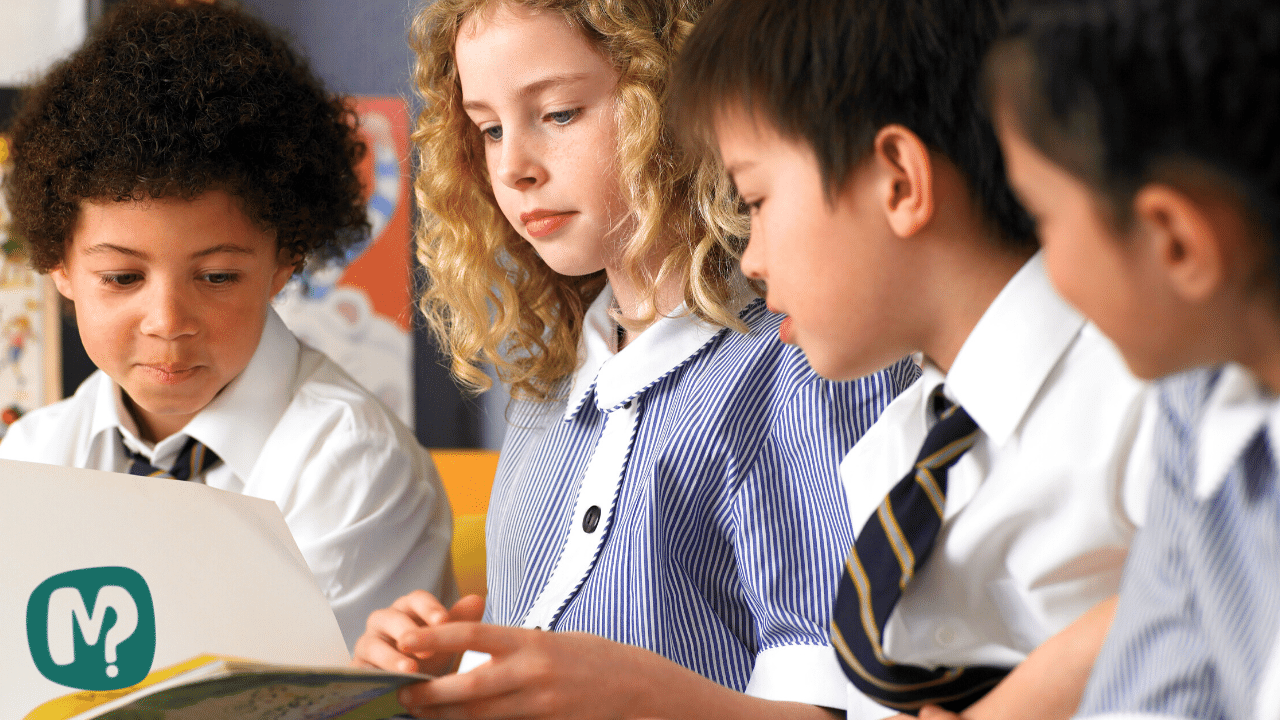How the New Pedagogies for Deep Learning are embedded within MAPPEN
New Pedagogies for Deep Learning (NPDL) is a global partnership aiming to implement deep learning goals across whole education systems that are enabled by new pedagogies and accelerated by technology.
Despite being unaware of this program during the writing process of MAPPEN each pedagogy found in the NPDL can be also found in MAPPEN.
There are six pedagogies recommended in the NPDL Project:
Collaboration
Creativity
Critical Thinking
Citizenship
Character
Communication
You can learn more about these Deep Learning Pedagogies on the NPDL website. To help inform schools involved in this worthwhile project we have identified how each pedagogy is represented in MAPPEN:
Collaboration
Throughout MAPPEN students are provided with a range of opportunities to work with peers. Students are grouped randomly through the use of cards, that immerse students in the content being taught. Social skills are taught explicitly and are referred to continuously. Students are grouped according to Multiple Intelligences strengths with opportunities to work both with like-minded peers as well as those that have strengths in different Intelligences.
Embedded throughout MAPPEN are cooperative tools such as Think-Pair-Share, Global Cafes, Hot Potatoes, Place Mats, Inside-Outside Circles and Four Corner Opinions. Teamwork is promoted and assessed using rubrics.
Critical thinking
Throughout MAPPEN there is a strong focus on critical thinking. Students use a range of tools and graphic organisers such as Ranking Ladders, Venn Diagrams, Lotus Diagrams and The 5 Whys.
Students are provided with many opportunities to make connections between ideas. In every MAPPEN unit, students are required to generate questions about the concept that they are immersed in. As students progress through each unit they have an opportunity to research and develop real-world solutions to issues such as sustainability of resources, responses to natural disasters and ways to address poverty.
Creativity
Throughout MAPPEN students use many creative thinking tools such as SCAMPER and de Bono’s Green Hat. There are four units that are designed around the Concept of Creativity.
In addition, students explore William’s Taxonomy of creative thinking (Fluency, Flexibility, Originality, Elaboration, Risk-taking, Complexity, Curiosity and Imagination) through the use of Creativity Crackers. Creativity Crackers are cards with different creative prompts that are written around the eight skills outlined in the Taxonomy.
Citizenship
Within the MAPPEN suite, there is a strong emphasis on developing awareness around civics and citizenship. Four units have been written around the concept of Community. As the units have been written developmentally, young students begin an awareness of their ‘civic duty’ in relation to the classroom and their school. This then expands, in later years, when students consider issues such as community services and acknowledging people within the community that are different to them due to culture or disability.
Students also learn about systems of government that create rules and laws that support liberty and free speech. They explore ways that they can contribute in a positive way to their community and undertake a role as active fair-minded citizens.
Communication
The authors of MAPPEN have placed a great emphasis on promoting students’ use of clear and concise language to demonstrate feelings and ideas. Students are given many opportunities to provide opinions, with an emphasis being made on being both good speakers as well and being good listeners.
Character
The 16 Habits of Mind (Costa and Kallick) are taught and applied throughout MAPPEN. Two Habits have been assigned to each of the eight concepts. These Habits represent ‘… ways to think intelligently when you don’t know the answer’.
In addition, each MAPPEN task is followed by a guided reflection that is either discussed (in the lower years) or written into Reflective Journals. Students consider ways to best use their time, as well as ways to achieve set goals. Regular teacher conferences assist them with staying focused and on track.
As you can see many of the elements of New Pedagogies for Deep Learning are represented in the MAPPEN curriculum. If you are interested in finding out more about NPDL please visit the website.
If you are involved in the NPDL and would like to find out more about how MAPPEN fits in please contact us.
—
New to MAPPEN?
We’d love to chat with you about your needs and show you how it works. If you’d like a demo or free access to an Exploration Account, don’t hesitate to get in touch.

